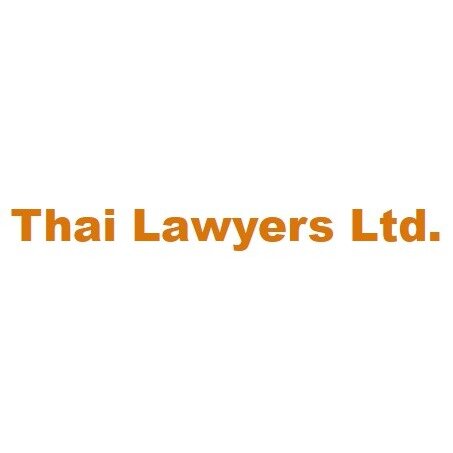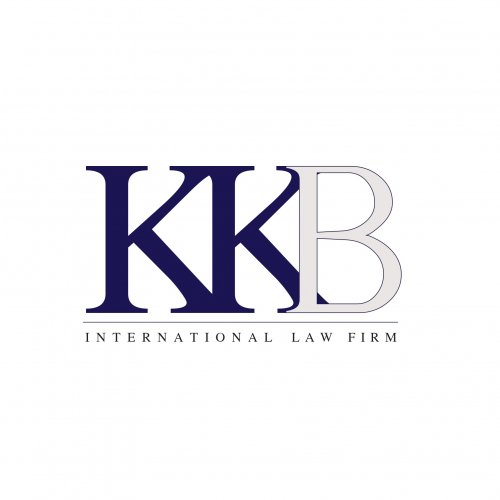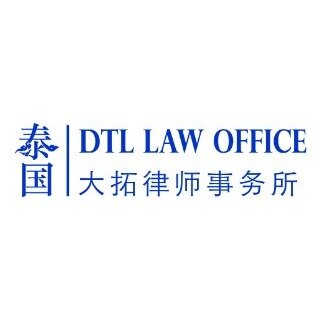About Aviation Law in Bangkok, Thailand
Aviation law in Bangkok, Thailand, is a specialized field that governs all aspects of air travel and transport. This includes both commercial and private aviation operations, as well as aviation safety, security, and environmental impacts. Under the supervision of the Civil Aviation Authority of Thailand (CAAT), regulations in this sector align with international standards set by the International Civil Aviation Organization (ICAO) and other global bodies. Bangkok, being the primary gateway to Thailand and a major aviation hub in Southeast Asia, requires robust legal frameworks to manage its dynamic aviation activities efficiently.
Why You May Need a Lawyer
There are several situations where legal assistance might be necessary in the field of aviation in Bangkok. If you're involved in an aviation accident or incident, whether as a passenger, employee, or operator, seeking legal counsel is essential. Airlines and aviation companies may require legal advice for licensing issues, compliance with safety regulations, and disputes over contracts or employment. Individuals or corporations dealing with aircraft leasing, purchases, or international transport services might also need legal help to navigate complex local and international laws.
Local Laws Overview
The aviation laws in Bangkok are primarily guided by the Air Navigation Act and the Royal Decrees under the Ministry of Transport. Key areas include the regulation of airports and air traffic service, certification requirements for aircraft and personnel, consumer protection for passengers, and guidelines for air carrier liability. Bangkok also follows strict compliance with ICAO safety and security regulations, which influence its operational, technical, and surveillance frameworks. Moreover, environmental laws might impact aviation activities, particularly concerning noise and emissions from aircraft within Bangkok's vicinity.
Frequently Asked Questions
What is the role of the Civil Aviation Authority of Thailand (CAAT)?
The CAAT is responsible for overseeing all aviation activities in Thailand, ensuring compliance with international standards, and enhancing air transport safety and efficiency.
How can I register an aircraft in Bangkok?
To register an aircraft in Bangkok, you must apply to the CAAT, providing documentation on the ownership, safety compliance, and operational capabilities of the aircraft.
What are the safety regulations for airlines operating in Thailand?
Airlines must comply with safety guidelines issued by the CAAT, which include regulations on maintenance, crew training, and emergency protocols as per ICAO standards.
Are there specific passenger rights I should be aware of?
Yes, passengers have the right to compensation for flight delays, cancellations, or overbookings under Thai consumer protection laws, along with safety and comfort assurances during their travels.
How are aviation disputes resolved in Bangkok?
Disputes may be resolved through mediation, arbitration, or litigation, with some cases being subject to regulatory decisions made by the CAAT or other relevant authorities.
Do I need a special license to operate a drone in Bangkok?
Yes, operating a drone requires registration with the CAAT and adherence to specified guidelines to ensure safe and legal use of airspace.
What measures are in place for environmental protection in aviation?
Regulations focus on reducing emissions, managing aircraft noise, and promoting the use of sustainable fuels, aligned with both local and international environmental standards.
How can foreign airlines operate within Bangkok?
Foreign airlines must obtain necessary permits from the CAAT and comply with bilateral agreements and local aviation laws to operate flights into or out of Bangkok.
What are the common legal issues in aviation employment?
This includes disputes over contracts, working conditions, wrongful termination, and compliance with occupational health and safety regulations specific to aviation.
What assistance is available for victims of aviation accidents?
Victims can seek legal help for compensation claims and have the right to support under both national care standards and international aviation accident protocols.
Additional Resources
For further assistance, consult the following organizations:
The Civil Aviation Authority of Thailand (CAAT), the Ministry of Transport of Thailand, and aviation law firms with expertise in Thai aviation regulations. Additionally, engaging with industry associations and transport forums can provide broader insights and networking opportunities.
Next Steps
If you need legal assistance in the field of aviation, consider consulting with an attorney specializing in aviation law. Gather all relevant documentation and details of your case to ensure comprehensive legal support. Reach out to the CAAT for guidance on specific regulatory requirements and consider joining aviation industry groups for additional support and information sharing.
Lawzana helps you find the best lawyers and law firms in Bangkok through a curated and pre-screened list of qualified legal professionals. Our platform offers rankings and detailed profiles of attorneys and law firms, allowing you to compare based on practice areas, including Aviation, experience, and client feedback.
Each profile includes a description of the firm's areas of practice, client reviews, team members and partners, year of establishment, spoken languages, office locations, contact information, social media presence, and any published articles or resources. Most firms on our platform speak English and are experienced in both local and international legal matters.
Get a quote from top-rated law firms in Bangkok, Thailand — quickly, securely, and without unnecessary hassle.
Disclaimer:
The information provided on this page is for general informational purposes only and does not constitute legal advice. While we strive to ensure the accuracy and relevance of the content, legal information may change over time, and interpretations of the law can vary. You should always consult with a qualified legal professional for advice specific to your situation.
We disclaim all liability for actions taken or not taken based on the content of this page. If you believe any information is incorrect or outdated, please contact us, and we will review and update it where appropriate.
















